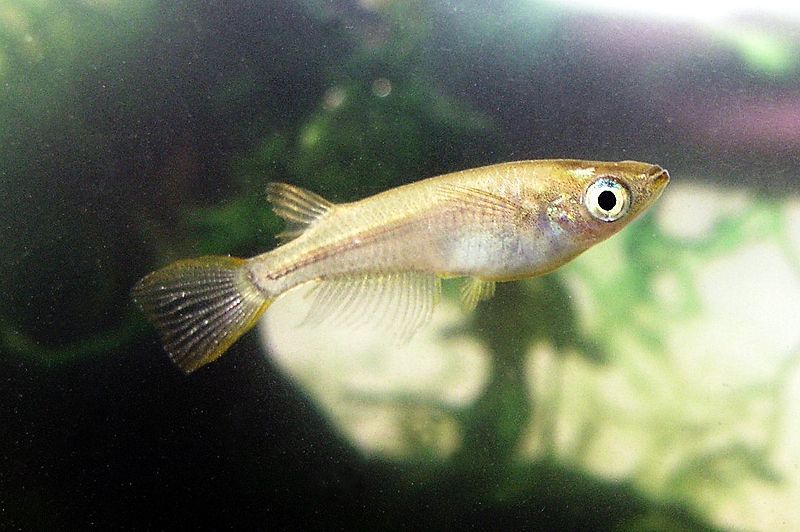Can Astronauts Wear Glasses?
Are Astronauts allowed to wear glasses?
Many professions, such as firefighters, police officers, surgeons, and lifeguards, require good eyesight. However, is having good eyesight a fundamental requirement for being an astronaut? Can impaired vision prevent someone from becoming an astronaut, and what are NASA's policies on this matter? Here is everything you need to know.
Firstly, astronauts can wear glasses, and NASA actually encourages their use to improve vision. In fact, to be sent to space, astronauts must have 20/20 vision, just like pilots need it for flying planes. If glasses are necessary to achieve 20/20 vision, they must be worn. However, astronauts wear specialized slimline glasses specifically designed for space travel.

Can you become an astronaut if you wear glasses?
To ensure they meet the required 20/20 vision standard for their role, astronauts are permitted to wear glasses. It is advisable for them to carry a spare pair in case of damage or loss during their mission since there is no optician available on the moon. Even in photographs, astronauts can be seen wearing glasses with their spacesuits, with about 80% of them requiring corrective lenses. Clear vision is crucial for astronauts, as they must read screens, manuals, instruments, and other important information while in space.
If contact lenses or glasses are necessary to correct vision, astronauts are allowed to wear them in space. However, standard contact lenses are not suitable for space travel due to the unique conditions that can affect their performance. To address this issue, NASA and other companies have developed specialized contact lenses designed for space travel. In the microgravity environment of space, the movements of gases, liquids, and solids are different from what we experience on Earth, which can impact the performance of standard contact lenses. Therefore, astronauts who wear contact lenses must use the specialized ones designed for space travel.
What happens if an Astronaut wears glasses into space?
To ensure the safety of the astronaut and the mission, it's crucial for the glasses worn in space to be firmly secured to their face. This is also true for contact lenses, which are carefully selected to suit the harsh space environment.
Standard glasses are usually held together by small screws, which could easily come loose in space, leading to disastrous consequences. Imagine having your glasses float off your face while you're performing a spacewalk in your spacesuit!
It's essential to act quickly if this happens and return to the spacecraft to reattach the glasses. Delaying this could result in the screws being swallowed or causing damage to the spacesuit.
The journey to space can also pose challenges for glasses wearers, as the vibrations and movements during takeoff could cause their glasses to become dislodged.
What glasses do astronauts wear?
The Titan Minimal Art is a popular choice among astronauts due to its lightweight frame and lack of small pieces or screws that could become dislodged in space.
The glasses feature a superelasticity that keeps them securely on the astronaut's face while remaining comfortable to wear.
And, to top it off, the design of the glasses is also aesthetically pleasing, so astronauts don't have to worry about looking silly while in space.
Can you be a astronaut with bad eyesight?
Yes, it is possible to become an astronaut even if you require glasses or contact lenses to achieve 20/20 vision. NASA allows some flexibility with eyesight requirements as long as an aspiring astronaut can pass a series of tests. These tests include assessments of distant and near visual acuity, colour perception, and 3D vision.
Visual defects that show signs of progression could lead to disqualification, but surgical interventions to correct these issues are accepted by NASA. However, if an aspiring astronaut has undergone laser eye surgery, they must wait a year before beginning training. In the past, a natural 20/20 vision was required to become an astronaut, but NASA has since changed this requirement.
Does astronauts eyesight get worse in space?
Your vision is not affected while you are in space. However, when you return to Earth, you may experience problems.
Living in space for extended periods can significantly impact your body, which is not accustomed to this environment. The absence of gravity can cause a reduction in bone density and muscle mass, leading to a shrinkage of the heart and a stretching of the spine. Additionally, space can affect eyesight.
Many astronauts have reported visual impairments upon returning to Earth. This condition is known as Visual Impairment Intracranial Pressure.
Scientists believe that this condition occurs due to the buildup of cerebrospinal fluid (CSF) caused by the lack of gravity, which is unable to pull it down. The more CSF an astronaut has, the harder it is for them to see. This excess fluid can also alter the shape of an astronaut's eyes, causing them to flatten, while their optic nerves may swell.
With all these negative impacts on the body, it's no surprise that astronauts experience changes in their eyesight when they return home.
© Copyright 2021 Space-facts.co.uk
View our other facts sites: www.animal-facts.co.uk










